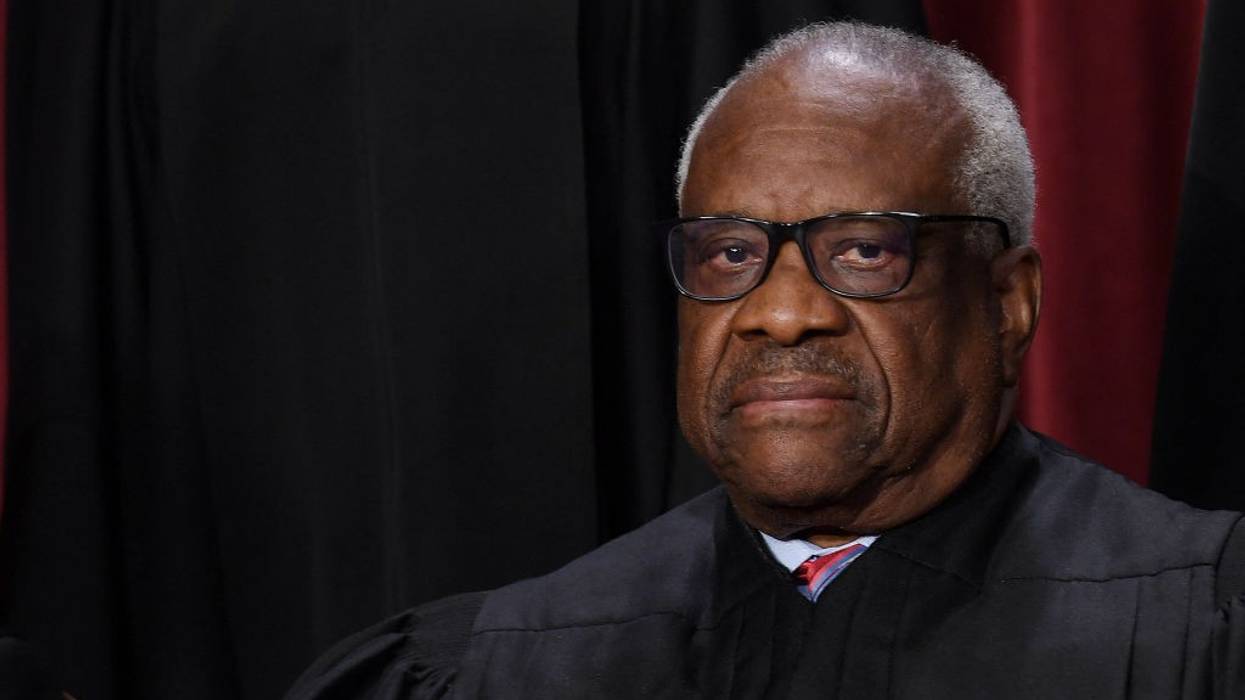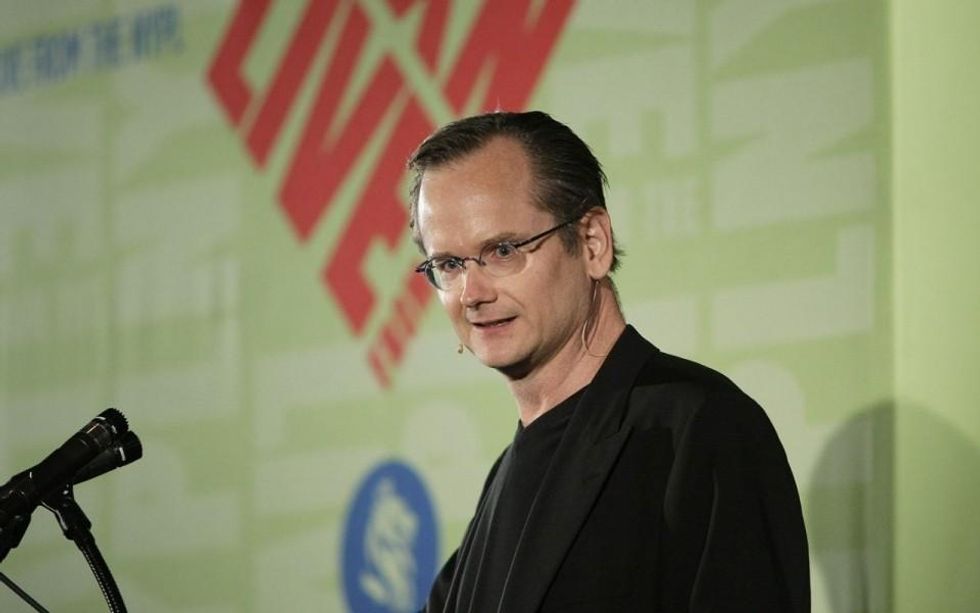Critics Say New Revelations in Judicial Record Bolster Case for Thomas Impeachment
"The lack of options for real accountability highlights why we so desperately need robust judicial ethics reform—now," said one ethics watchdog.
Calls for impeachment proceedings against U.S. Supreme Court Justice Clarence Thomas intensified Thursday amid new reporting that revealed several specific conflicts of interest related to the justice's financial ties to right-wing real estate magnate and Republican donor Harlan Crow.
Following a bombshell report by ProPublica earlier this month regarding trips Thomas took on Crow's private jet, his superyacht, and to his properties in New York and Texas which had not been included in financial disclosures as required by federal law, the conservative justice brushed off criticism by saying he benefited only from "personal hospitality from close personal friends" and that Crow "did not have business before the court."
While also denying any ethics breaches, Crow, who has donated at least $13 million to Republican politicians, acknowledged in an interview with The Dallas Morning News that "every single relationship... has some kind of reciprocity."
The truth of that admission became clearer Thursday as The Guardian reported on findings in the judicial record, which showed Crow's ties to right-wing groups that have been involved in Supreme Court cases since Thomas was first confirmed to the bench in 1991.
The Texas billionaire was part of anti-taxation group Club for Growth's "founders committee," which helped direct its policymaking, in 2003 when the group filed an amicus brief challenging the McCain-Feingold Act, a campaign finance reform law.
"DOJ is the only agency positioned to truly hold Thomas accountable, because Thomas's conduct is more than unethical—it's likely criminal."
Thomas wrote a blistering dissent when the court permitted the law to stand against the wishes of Club for Growth and other right-wing groups. As The Guardian reported, at this point Crow had already "showered Thomas with several lavish gifts" including "a 1997 flight from Washington to northern California on Crow's private jet to attend an all-male retreat at Bohemian Grove" and a $150,000 donation to create a wing dedicated to the justice at a library in Savannah, Georgia.
Crow also held seats on the boards of at least three right-wing organizations that have written amicus briefs in Supreme Court cases; is a longtime trustee of the conservative American Enterprise Institute, which has filed numerous supporting briefs; and is on the board of the Hoover Institution, which filed an amicus brief challenging student debt relief.
Thomas' involvement with Crow raises questions not only about whether the billionaire has "business before the court," said Democratic Sen. Sheldon Whitehouse (D-R.I.). "Nowadays it's consorting with those... whose business is the court—who are deeply enmeshed in the efforts to capture and corrupt the court."
Several progressives have demanded that Thomas be impeached as the latest alleged ethics breach has come to light—amid ongoing outcry regarding the justice's refusal to recuse himself from cases involving the January 6, 2021 insurrection and the 2020 election, which his wife, right-wing activist Ginni Thomas, pushed to overturn.
Following Thursday's revelations, Citizens for Responsibility and Ethics in Washington (CREW) doubled down on a call for an investigation into Thomas both by the Supreme Court and by the U.S. Department of Justice (DOJ).
"DOJ is the only agency positioned to truly hold Thomas accountable, because Thomas' conduct is more than unethical—it's likely criminal," said CREW.
The group acknowledged that "accountability through the legal system in this case is likely to be slow and limited," and suggested Congress hold impeachment proceedings against Thomas.
While the Republican-controlled House is unlikely to pass articles of impeachment, Senate Judiciary Committee Chair Dick Durbin (D-Ill.) announced this month that he plans to hold a hearing on May 2 regarding ethics at the Supreme Court, and on Thursday called on Chief Justice John Roberts to testify.
"The time has come for a new public conversation on ways to restore confidence in the court's ethical standards. I invite you to join it, and I look forward to your response," Durbin wrote in a letter to Roberts.
Democrats currently lack subpoena power on the committee due to Sen. Dianne Feinstein's (D-Calif.) absence, which leaves them without a majority. The 89-year-old lawmaker is out indefinitely on medical leave and the GOP this week blocked an effort to temporarily replace her on the panel.
"The lack of options for real accountability highlights why we so desperately need robust judicial ethics reform—now," said CREW on Thursday. "It is outrageous that the Supreme Court doesn't have a binding code of conduct, so there's no way to enforce justices' compliance with ethics and recusal rules."


